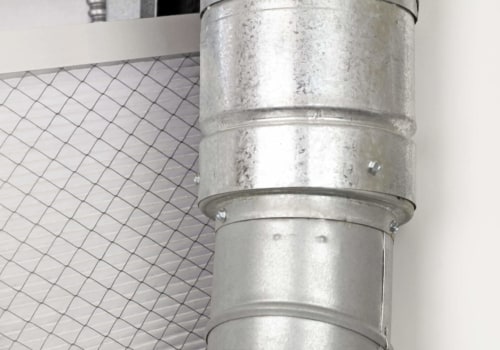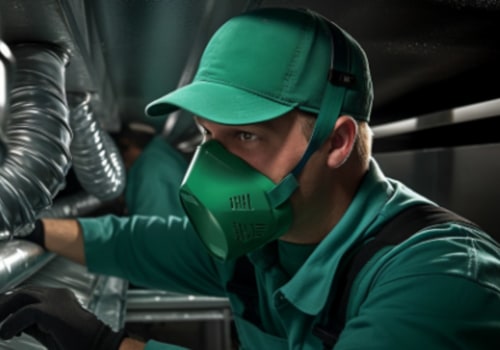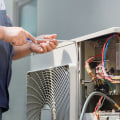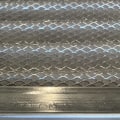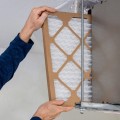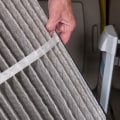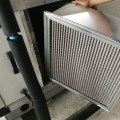When it comes to selecting the right air filter for your home, it's important to understand the Minimum Efficiency Reporting Value (MERV) rating system. According to ASHRAE, the best rating for residential HVAC systems is MERV 13. However, before you update your filter, make sure that your specific system can adapt to that classification. A higher MERV rating often means lower airflow, which can make the system work harder and use more energy to do its job. A MERV rating of between 6 and 13 generally meets the needs of most residences.
This range offers a good balance between air filtration, airflow and affordability. If you select an air filter with a MERV 13 rating, it can last up to six months before you need to replace it. The MERV 1 rating is the lowest efficiency with minimal filtration, while the 16 rating offers the highest efficiency and filtration. But is filtration enough? In many cases, a MERV 8 air filter is more than adequate. However, if you are concerned about outdoor air pollution, family members with respiratory problems, or pets in the house, then a higher MERV rating might be a good idea.
Overall, our recommended MERV rating for oven filters ranges from 6 to 8 to strike a great balance between maximum oven efficiency and home comfort. This rating is more efficient than MERV 8 and 11 with the ability to filter even more allergens from the air. If you need a visual breakdown of what MERV ratings look like for air filters, take a look at these comparison tables. Filters that are MERV 16 to 20 are generally only found in hospitals, cleanrooms, and nuclear power plants. A MERV score of 1 to 6 is the lowest range of MERV ratings, but that doesn't necessarily mean you should cancel a filter with a rating in this range.
MERV 17 to MERV 20 filters are explicitly used in an industrial or scientific application, such as surgical operating rooms, cleanrooms and other applications that require absolute cleanliness. MERV 13 air filters place a slight strain on your HVAC system operations, as less air can pass through. Using an air filter with a MERV rating that is too high is just as bad as using one that is too low. The higher MERV rating means that an air filter will capture the most dust, while the lower rating means that a filter will capture the least amount of dust. They may seem to be almost the same, but MERV 8 air filters and MERV 11 air filters have a few different differences. For example, a better MERV rating doesn't always mean a filter is the best option for your oven.
